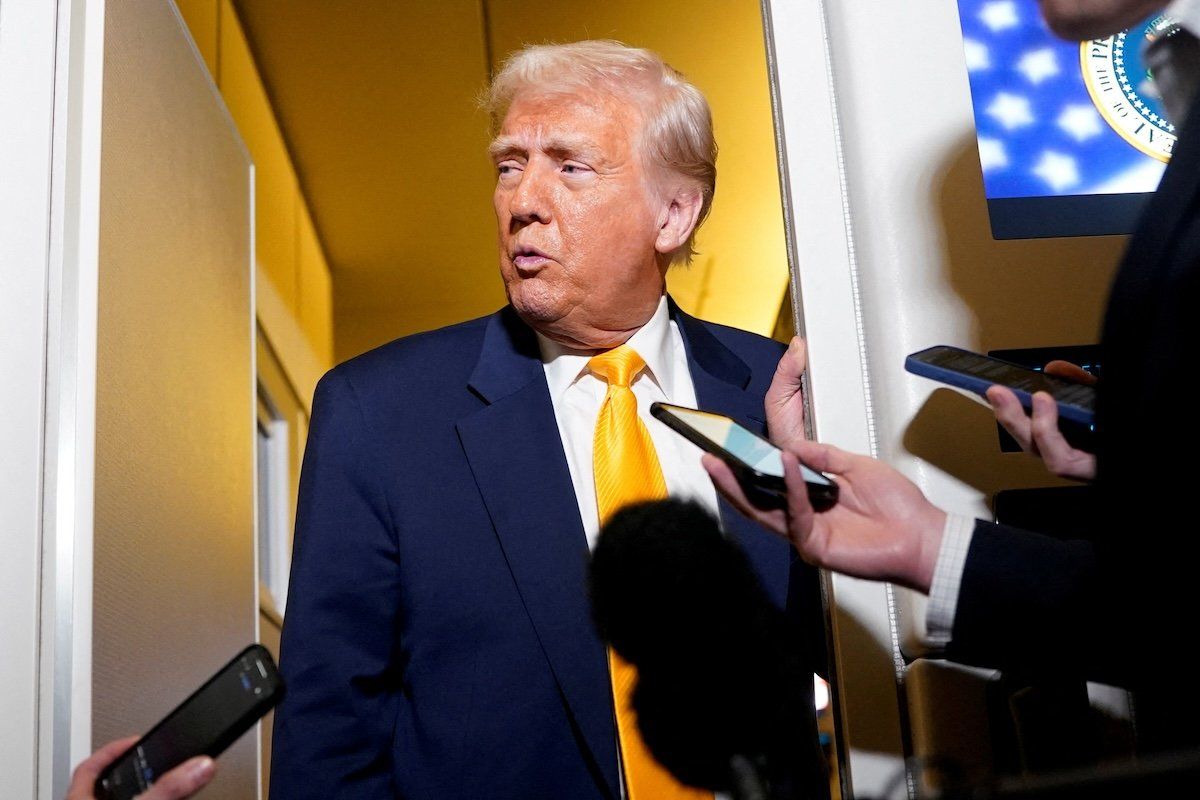When it comes to tariffs, US President Donald Trump is proving more, er, flexible than some thought. Case in point: late Friday, US Customs quietly published a list of tariff exemptions, and buried in the jargon was code 8517.13.00.00. If you know your customs codes, that’s the digital alias of… the smartphone.
Trump’s new 145% tariffs on Chinese goods will now (mostly) spare the devices, as well as laptops, memory chips, solar cells, and semiconductors.
Why the walkback? Eighty percent of iPhones sold in the US are manufactured in China. The full weight of the tariff would have sent sticker pricessoaring north of $2,000, torched Apple’s margins, and further spooked Wall Street.
What’s China’s reaction? On Sunday, Beijing acknowledged the “small step” butcalled on Washington to go further, drop the rest and return to a “path of mutual respect.”
That seems unlikely in the near term. Trump on Sunday pointed out that Chinese tech is still subject to a previous 20% tariff, and that more levies and penalties on Chinese electronics and semiconductors are coming. “NOBODY is getting off the hook,” he warned.
The president earlier said he’d give more details on the evolving US approach to the critical Chinese semiconductor industry on Monday. Keep an eye out for that -- it'll be the next big news in the US-China trade war.
